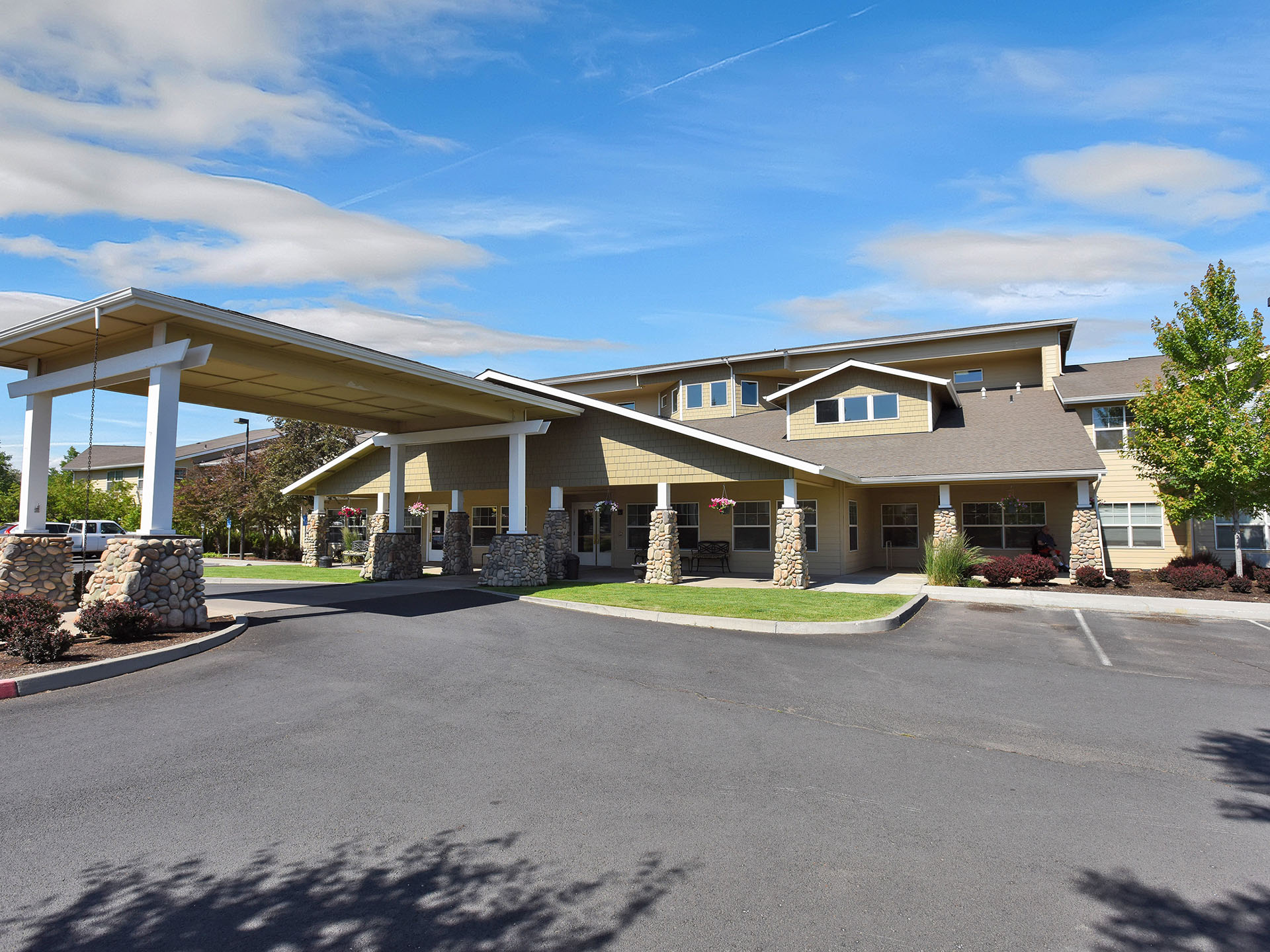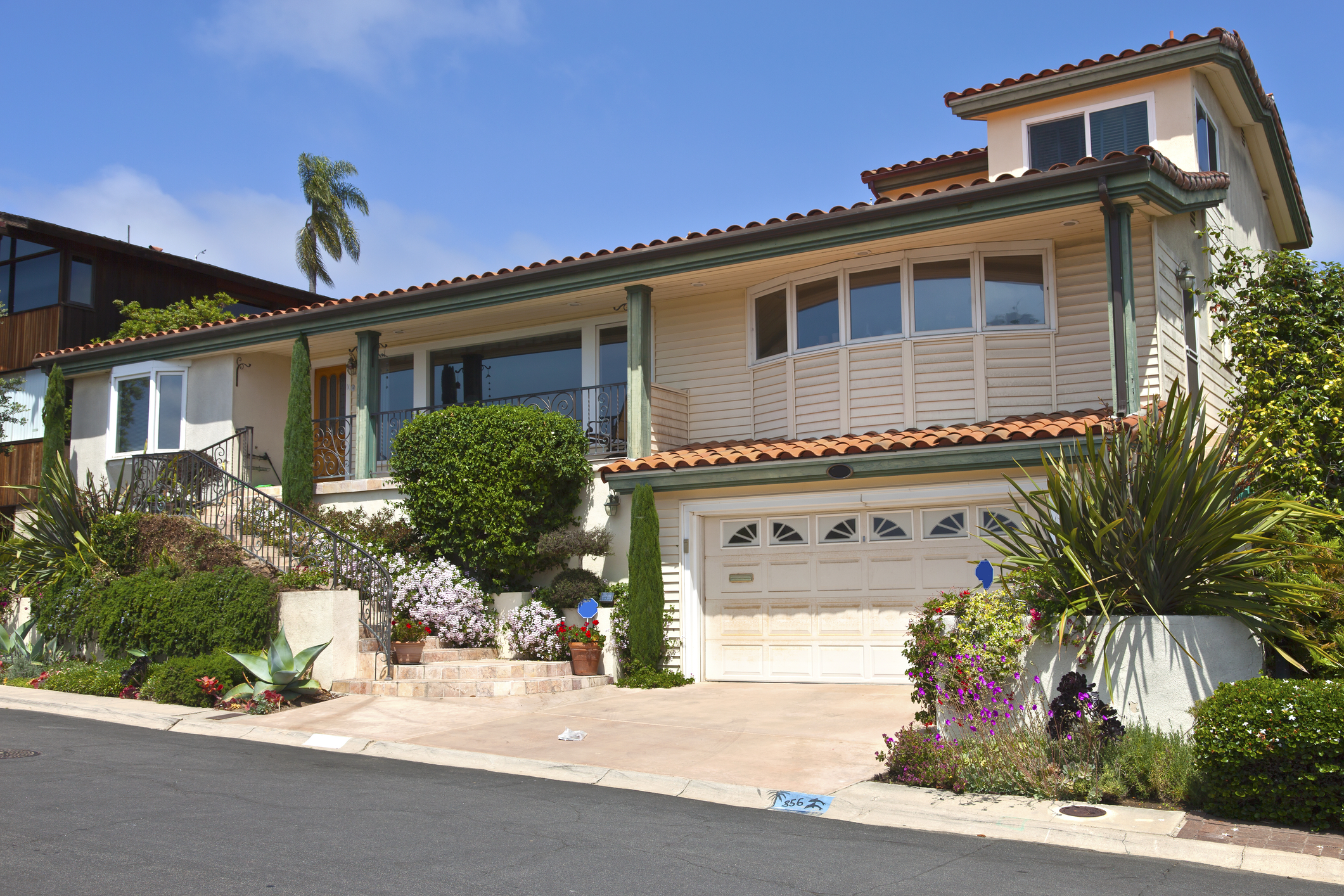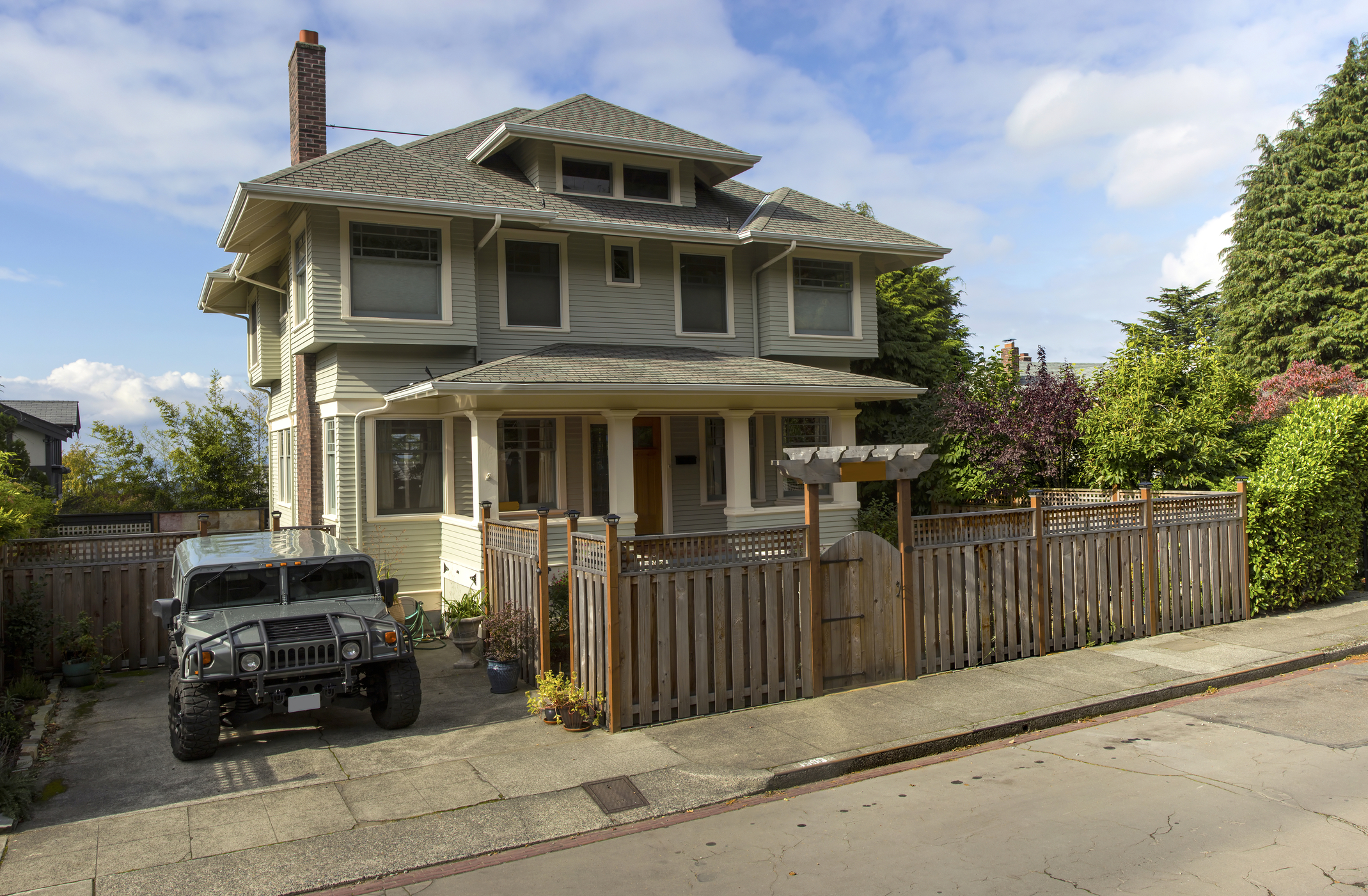Does FCTD Offer Hard Money Second Mortgages for Divorce Settlements?
No, FCTD does not offer hard money second mortgages to satisfy divorce settlements. These are considered consumer purpose loans, for personal and...
3 min read
 Ted Spradlin
:
Jul 3, 2023 3:47:40 PM
Ted Spradlin
:
Jul 3, 2023 3:47:40 PM

Several years of record low long-term interest rates have fueled demand on second mortgages for Assisted Living Facilities (ALFs). Owner-operators are able to access equity in their property to reinvest into the building or business. This blog post will cover what you need to know about tapping into equity from a senior living property using a hard money second mortgage.
A hard money loan is a mortgage made against a hard asset (real estate) by non-bank lenders: one or more individuals through a mortgage broker; family offices; real estate investors with a mortgage lending division; or a private mortgage fund comprised of several investors (Limited Partners — LP), under a fund manager or General Partner (GP).
People often use “hard money" and “private money" interchangeably to refer to the same type of loan. Borrowers, real estate agents and traditional mortgage lenders call it hard money, while professionals in this niche call it private money lending. Hard money loans are based solely on the asset value, while private money underwrites loans using collateral value and borrower financial strength — determined by cash flow, liquidity, background and credit checks — before approving a loan.
A second mortgage is a subordinate mortgage made while the first mortgage is still in effect. The first mortgage will have priority on the property's assets if the borrower defaults. The second mortgage would only have a secondary claim to the assets, so the risk is usually offset by a higher interest rate than the first mortgage.
Each second mortgage loan scenario comes with its own set of unique circumstances to consider. However, this section will give you general guidelines to expect with a second mortgage on an assisted living facility.
Requirements for a hard money second mortgage:
For more in-depth information, you can read our article, "What Are Hard Money Loan Requirements?"
Before getting you into a hard money second mortgage, we want to know how you plan on getting out of it. There are three basic exit strategies with hard money second mortgages:
If you plan to sell the property, it would be smart to connect the mortgage broker and/or hard money lender with your real estate agent to discuss the timing and expected list price. This way, the loan is written in conjunction with your expected sale date.
For example, if you take a $200,000 cash-out second mortgage to renovate the property prior to selling, you'll likely only need a 12-18 month term with a 3-4 month interest guarantee (3-4 required payments), rather than a 5-year loan with a 12-month interest guarantee.
Some borrowers take out a smaller second mortgage ($200,000) that amortizes in 2-5 years.
FCTD doesn’t do many amortizing hard money loans. However, we have a large network of trust deed investors and mortgage lenders who are open to structuring a fully amortizing loan.
If the exit strategy is to refinance into an institutional loan, first check with bankers and mortgage brokers about commercial, government-backed loan programs. As we say, “We want to make sure we can get you out before we get you in.”
Below are some of the most common institutional funding sources:
Conclusion
If you're thinking about a hard money second mortgage for an assisted living facility, this blog post offered some general guidance for expected terms and requirements you’ll need to prepare. The first place to start is with the Note and Loan Agreement on your existing first mortgage to ensure it allows junior liens. Once that’s confirmed, start from the end: the exit strategy. Know how you intend to pay off the loan before you inquire about a second mortgage. From there, the rest of the conditions are fairly standard and easy to provide, especially if you’ve been in business awhile and have your documents in order.

No, FCTD does not offer hard money second mortgages to satisfy divorce settlements. These are considered consumer purpose loans, for personal and...

I had a loan scenario come in through the website in 2022 where a non-military veteran was assuming a Veterans Administration (VA) loan, and needed a...

First Capital Trust Deeds (FCTD) does not offer hard money second mortgages for personal debt consolidation, even to bring up credit scores in order...